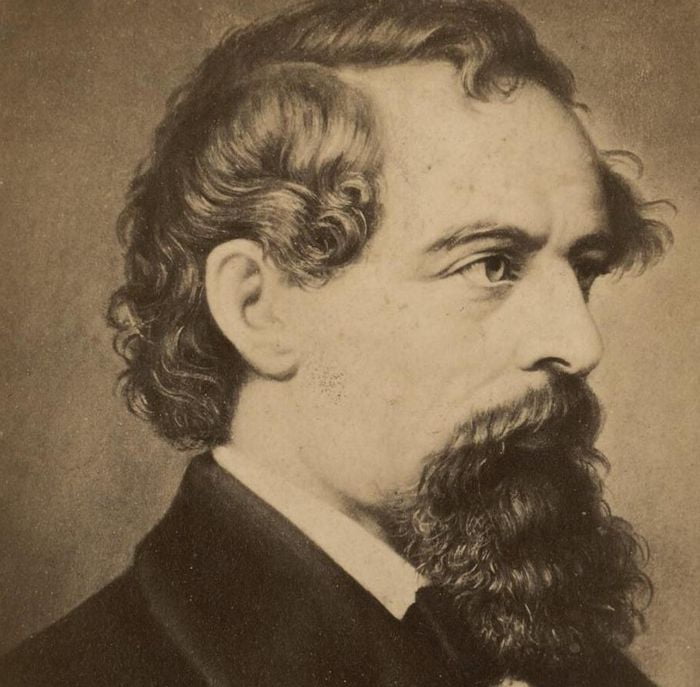They tell me that you are earnestly striving to thrust me forth from my home, the palace of an emperor, and preparing to win it for yourself and make it your own. I beg of you, magistros, with all my heart and soul, never, never to contemplate such a course. A plague on the rumour-mongers and the inventors of idle tales, the wicked who sow tares among the wheat, who magnify into prodigies what does not even exist, inspired only by their jealousy! Their monstrous absurdities are beneath contempt, lies fabricated, I am sure,. with one special intent — to break up our unity of purpose and to smash the harmony that binds us together. These evil men are nothing to us.
If the adversary speaks again, let him not rejoice at our discomfiture. And as for yourself, I pray that you may for ever cast from your mind the thought of a deed so abominable in the eyes of God, so utterly depraved. I plead with you not to show yourself so unfeeling, so unjust as to attack those who have treated you with kindness and are blameless. Do not allow yourself to become an object of loathing to men, a model of wickedness!’
20. The emperor went on to remind Phocas that he had called on God as his Witness, with oaths most terrible. He pointed out that Divine Providence each day scans the whole inhabited world, but with unsleeping eye it also watches over the affairs of individual men, and metes out to them the just recompense for their deeds and to each of them renders measure for measure.
Those who walk in the path of unrighteousness are caught in the net of Providence, and through the working of Providence even the dictates of Fortune are reversed. ‘If you stand in awe of the Judgment of God, if you expect Him to pass sentence on your deeds, then tremble for the success of this enterprise. Let wisdom guide your steps, let prudence direct your plans. Discretion before disloyalty! He who follows bad counsel plots, from the very beginning, his own destruction!’
(At this point the Chronographia ends abruptly. Psellus never completed it.)**302
Book Seven Notes
164. The deputation of generals, headed by Catacalon Cecaumenus, Isaac Comnenus, Michael Burtzes, Constantine and John Ducas, met the emperor on Easter Day, 1057.
165. According to Cedrenus (794, p. 615) Michael did speak to the generals individually and praised their services to the Empire, but he obstinately refused to grant their requests.
Read More about Phineus And The Harpies 2








